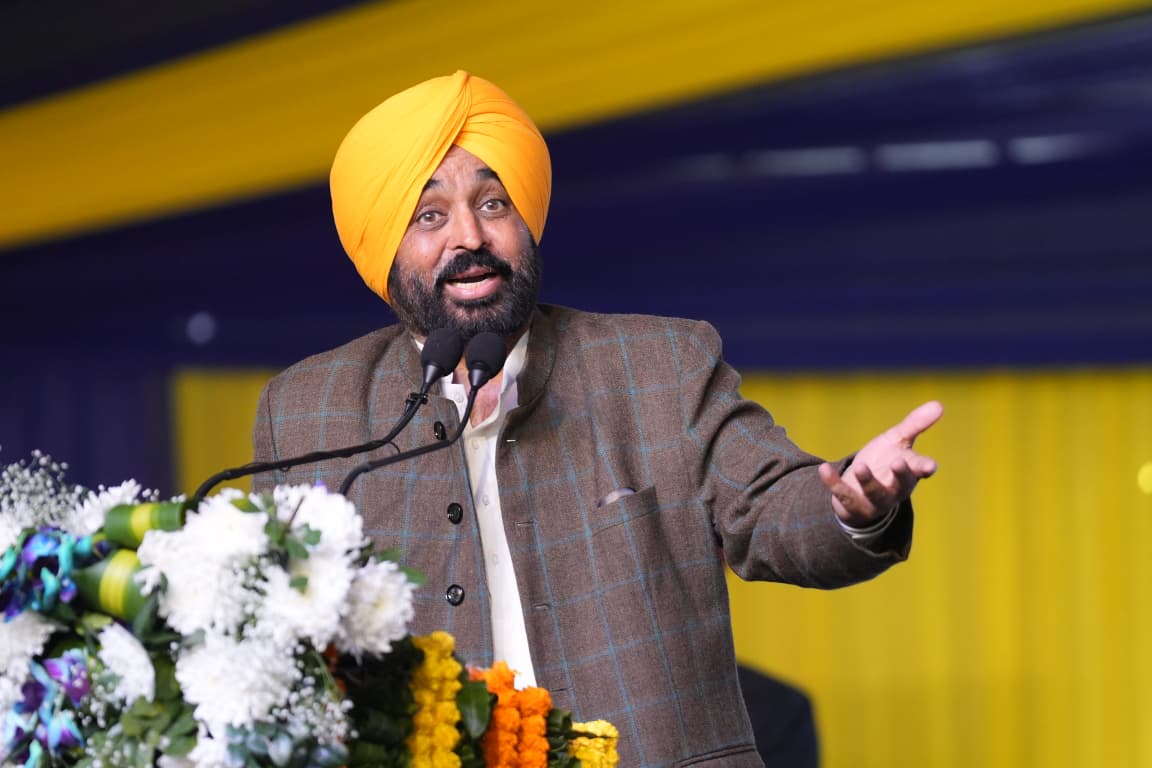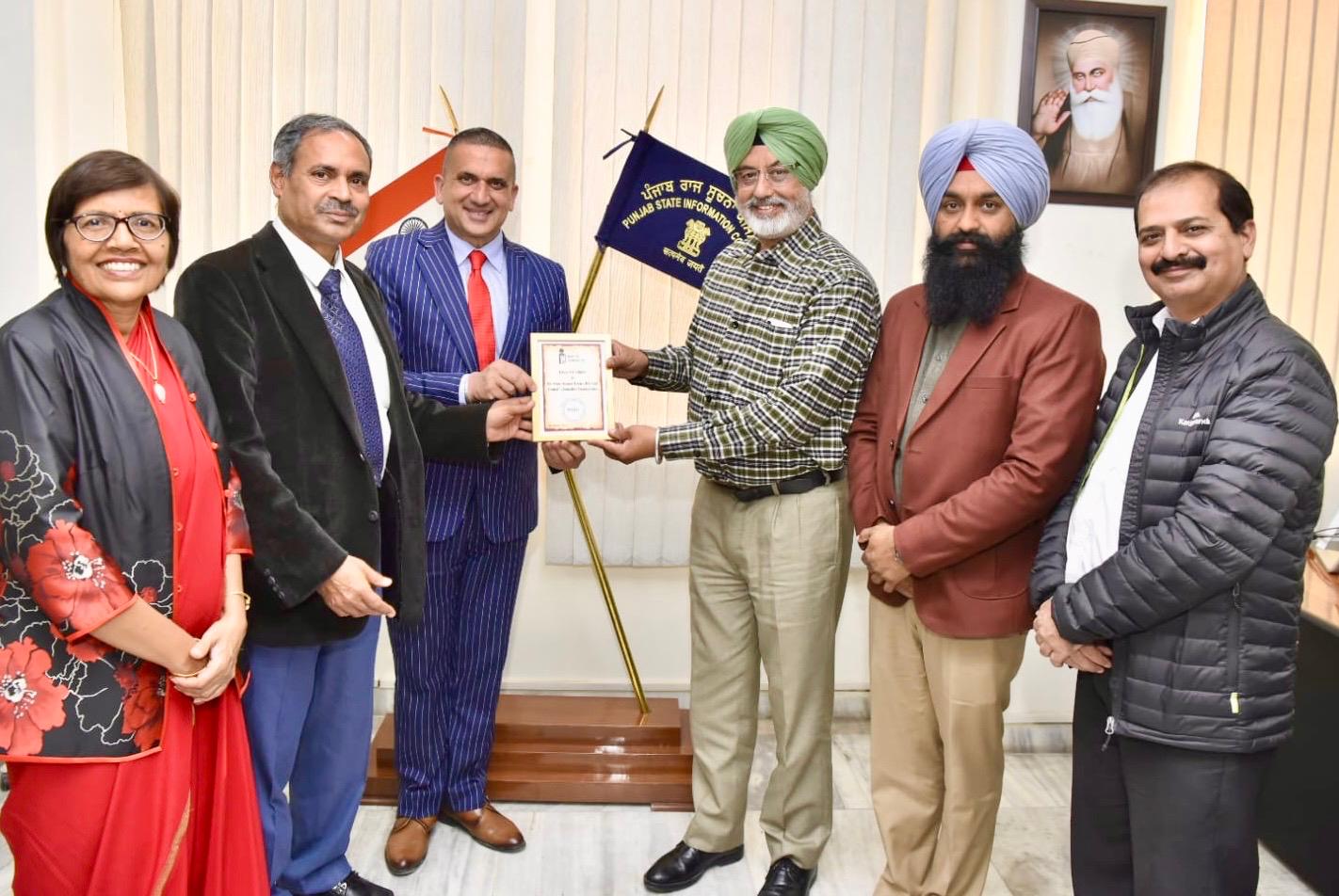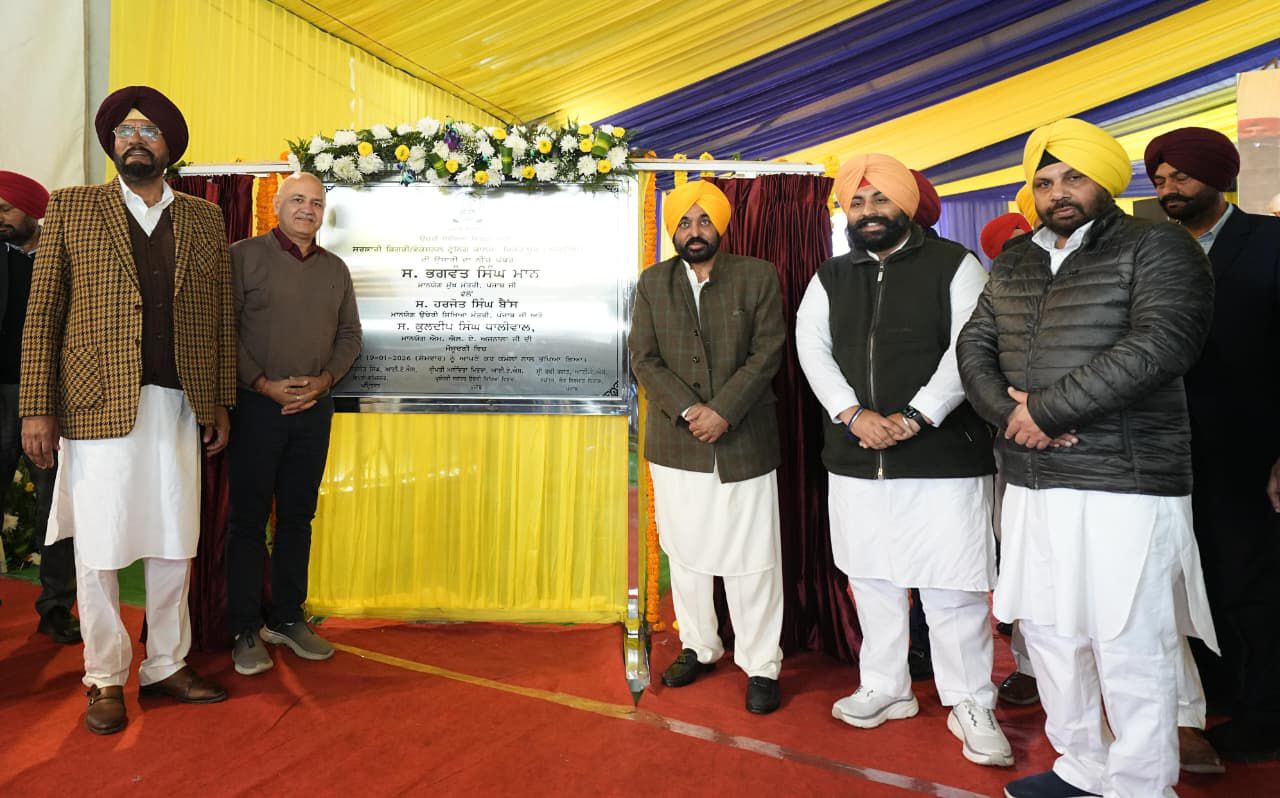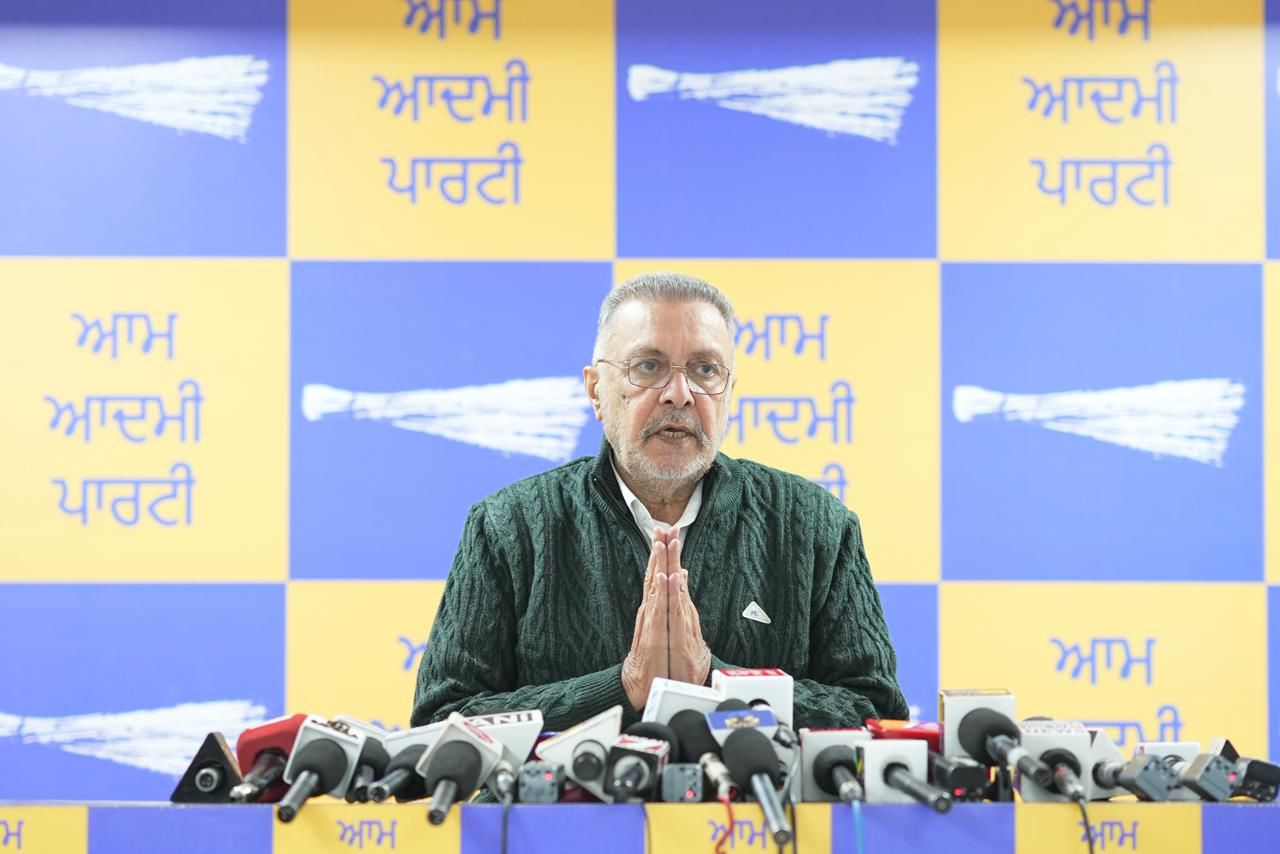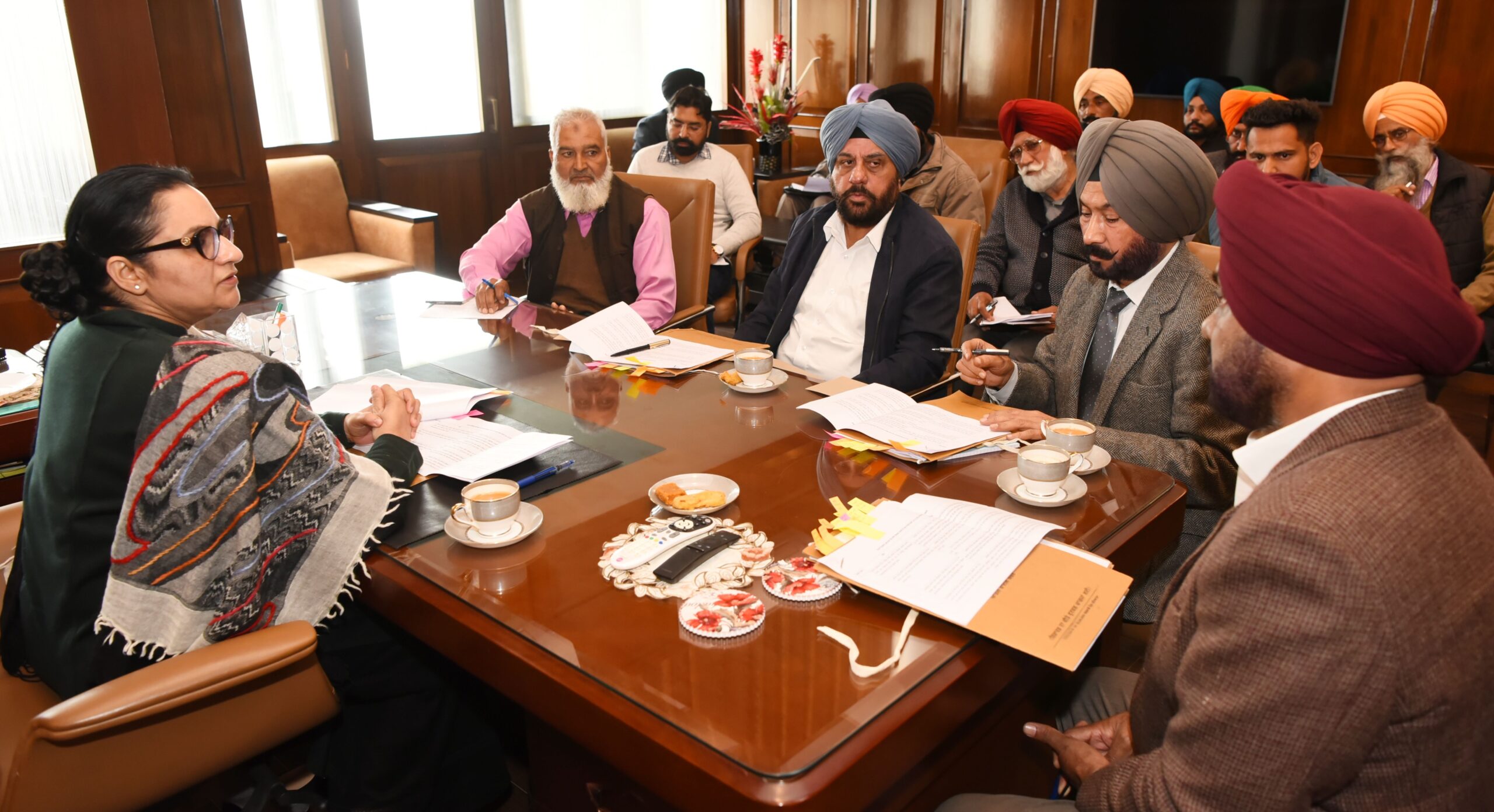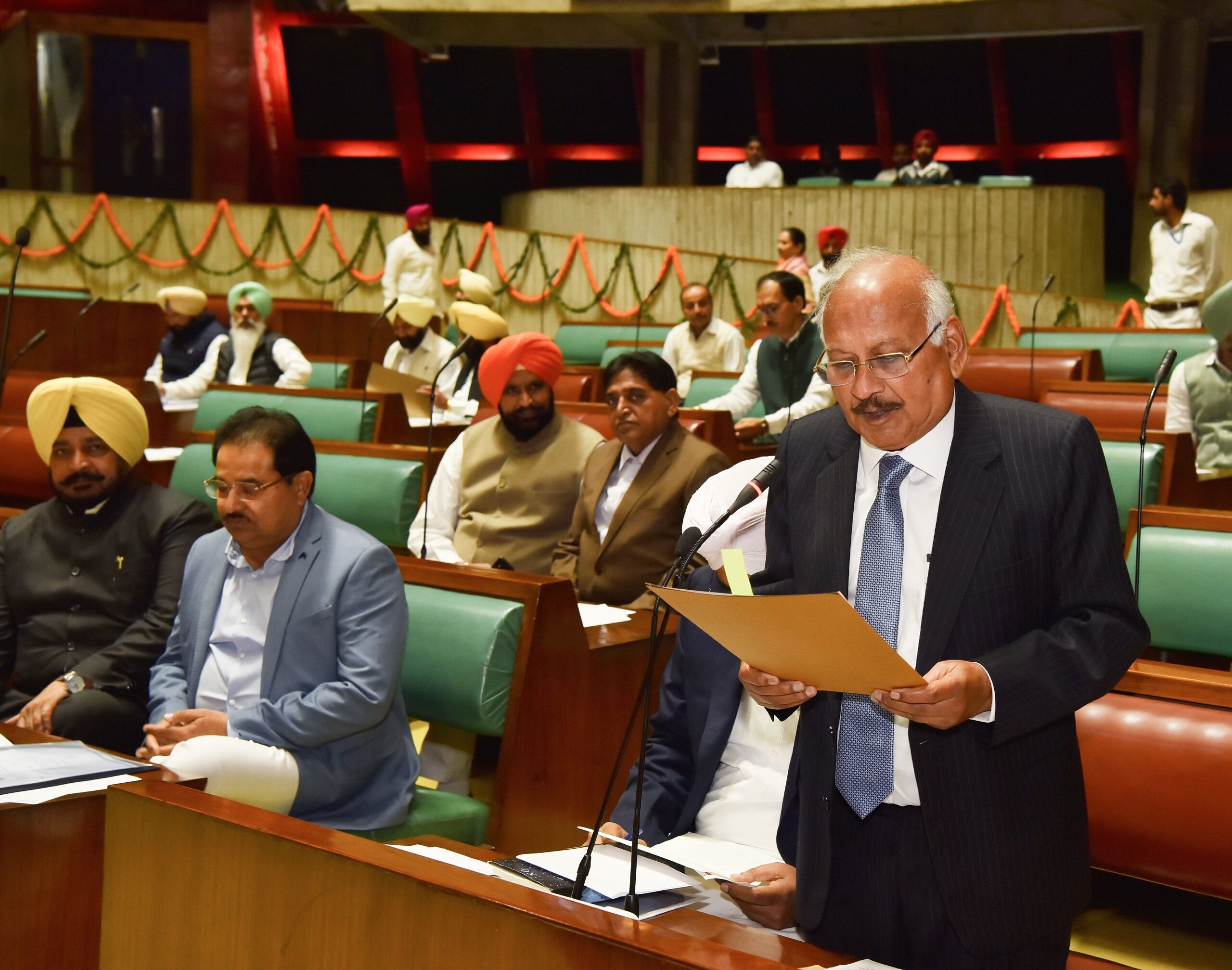‘HOPE HARYANA CM WILL SEE PUNJAB’S VIEWPOINT ON SYL WHEN WE MEET SOON’, SAYS CAPT AMARINDER
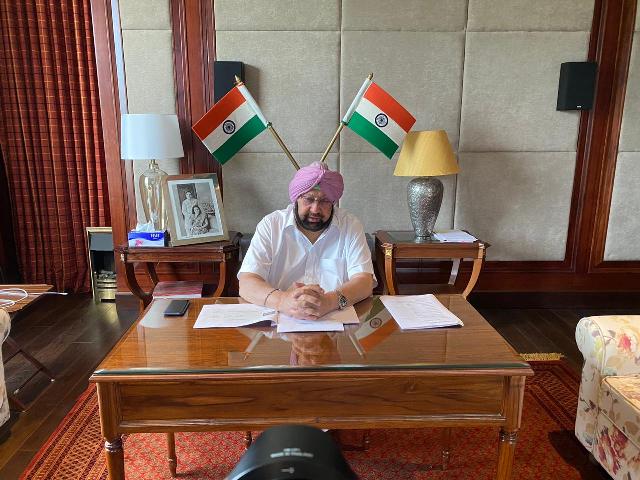
SAYS DURING #ASKCAPTAIN THAT CENTRE’S FARM ORDINANCES TOTALLY UNACCEPTABLE FOR BEING ANTI-FARMER
Chandigarh, August 21 -Chief Minister Captain Amarinder Singh on Friday expressed the hope that Haryana will see Punjab’s viewpoint on the issue of SYL, given the latter’s critical ground water situation.
Haryana already has more water than Punjab and will get additional 1MAF of water through the Sharda-Yamuna Link Canal project, said the Chief Minister, hoping that his Haryana counterpart ML Khattar will look at the issue from a realistic perspective when they meet soon to discuss the matter.
Responding to a question from a Patiala resident during #AskCaptain, Captain Amarinder also underlined the need to understand and adhere to international principles on water sharing, as per which all agreements on this precious resource have to be reviewed after 25 years. This was what he had told the Union Minister and Khattar during his VC meeting with them, convened earlier this week on the directions of the Supreme Court, he added.
The Chief Minister further said he had told the Centre and Haryana that the Eradi Commission was 35 years old and there was need for reassessment of water availability in Punjab, which now has 109 dark blocks as a result of massive detrimental effects on its rivers due to global warning.
Punjab has fed the nation and has a much larger cultivated area than Haryana, he pointed out, adding that Haryana’s total availability of river water stood at 12.48 MAF as against Punjab’s 12.42 MAF. Even though other assets were divided between the two states in 60:40 ratio at the time of Haryana’s creation, the same was not done for the Yamuna river water, he noted.
Replying to another question from a Tanda resident on the steps being taken by the Punjab government in response to the agricultural ordinances introduced by the Centre, the Chief Minster said his government was strongly opposed to the same and will not accept them at any cost. The ordinances were aimed at shutting down FCI and eliminating the MSP regime, which will spell the death knell for the faring community, he said, pointing out that the ordinances were based on the Shanta Kumar committee report, which had recommended ending the government procurement system.
The Government of India had announced support prices for crops other than wheat and rice but yet there was no guaranteed purchase, he observed, adding that the farming community could not be protected if the MSP regime came to an end.
Meanwhile, the Chief Minister expressed happiness over Punjab’s Swachhta Survey (Urban) ranking, as per which it was at number 5 in the big states in terms of cleanliness. He congratulated the Nawanshahr team for retaining its ranking among the top cities over the last three years. He suggested having competition between the various districts on cleanliness, as that would help the state further improve its national ranking.
Captain Amarinder hailed Mohali district on becoming one of the first nine districts in India to have achieve 100% target in terms of providing drinking water connections to rural households. He congratulated all officials of the district, especially Rural Water Supply officials and BDOs. The Chief Minister also congratulated Sagar Setia, SDM Budhlada, for the beautification work done by him in his town, where he had created avenues with tree plantations, and hoped others will follow his example.
In response to the request made by an environmentalist to ensure responsibility of the upkeep of the trees planted/being planted to mark the anniversaries of the great Sikh Gurus, the Chief Minister said conservation of the environment was a collective responsibility and “we should take it upon ourselves to not only help saplings to survive, but also to plant as many more as we can.”
Pointing out that 77 lakh saplings were planted during the 550th Prakash Purab celebrations of Guru Nanak Dev ji, and the government had now set a target of planting 56 lakh saplings during the celebrations of the 400 birth anniversary of Shri Guru Teg Bahadur ji, Captain Amarinder said by the end of 2021, his government would have ensured the plantation of more than 1.30 crore saplings in less than 3 years.


